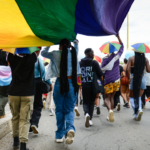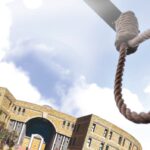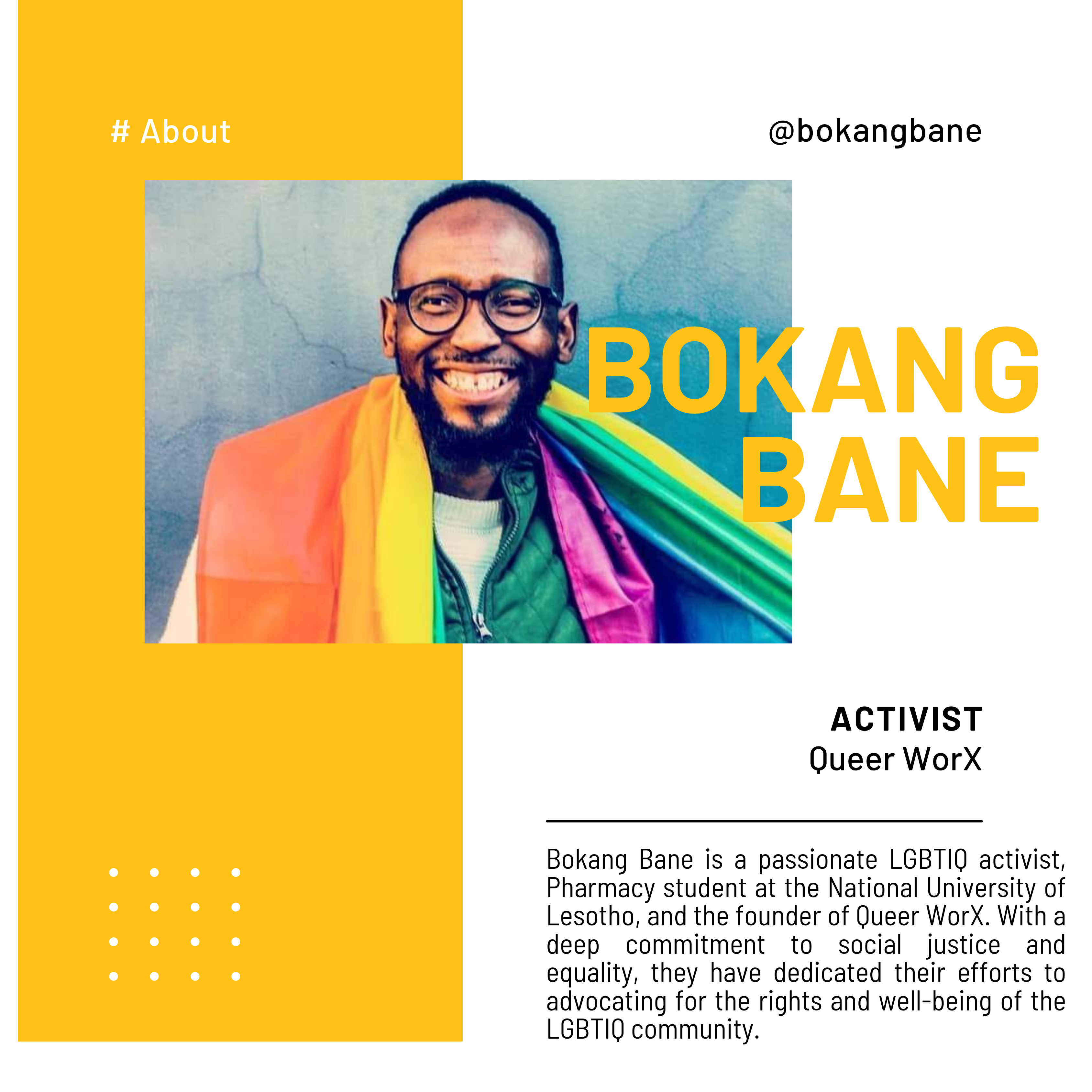Kananelo Boloetse
The United Nations (UN) has delivered a damning indictment of Lesotho’s handling of human rights during the Covid-19 pandemic.
In a searing report by the UN Human Rights Committee, Lesotho stands accused of grave violations of its obligations under the International Covenant on Civil and Political Rights (ICCPR).
The UN’s scorching findings demand a swift and comprehensive response from the government.
The Committee’s conclusions echo the alarm bells rung by civil society groups during Lesotho’s review earlier this year.
A litany of concerns spans a wide spectrum of human rights issues: from discrimination and gender equality to violence against women, termination of pregnancy, and harrowing instances of torture.
Central to the UN’s rebuke is Lesotho’s Constitutional provision in Section 21(1), which allows derogations of rights.
The Committee questioned the validity of these derogations under Article 4 of the Covenant, raising serious doubts about safeguards against discrimination and proportionality.
The thunderous critique extends to Lesotho’s 1984 Internal Security (General) Act, granting discretionary powers to the Prime Minister to suspend fundamental human rights—a move starkly at odds with Covenant provisions and prone to potential abuses, according to the Committee.
The Committee emphasised the urgency for Lesotho to align its laws governing states of emergency with international norms, especially given the pandemic’s context.
The UN’s bombshell recommendations carry tremendous weight.
They call for Lesotho not just to rectify legislative flaws but to take decisive action.
The Committee insisted on thorough investigations into alleged violations, prosecution of perpetrators, and commensurate penalties.
Equally pivotal is the call for full reparations and protection for victims.
“The State party should also investigate all allegations of human rights violations perpetrated during the pandemic, prosecute the perpetrators, and, if found guilty, punish them with penalties commensurate with the gravity of the offences, and provide victims with full reparations and means of protection,” it stated.
The Human Rights Committee is the body of independent experts that monitors the implementation of the ICCPR by its state parties.
The Committee’s work promotes the enjoyment of civil and political rights, resulting in numerous changes in law, policy and practice.
As such, it has improved the lives of individuals in all parts of the world.
It continues to strive to ensure all the civil and political rights guaranteed by the Covenant can be enjoyed in full and without discrimination, by all people.
In March 2020, citing the COVID-19 pandemic, the government declared a state of emergency, imposing a stringent lockdown and stringent movement restrictions.
However, the enforcement of these measures by the police and army was marred by reports of discrimination and excessive, at times fatal, violence.
Efforts to curb the virus spread included mandated social distancing, quarantines, and business closures, wreaking havoc on the economy.
The brunt of this impact was disproportionately borne by low-income workers in sectors such as retail, restaurants, and the informal economy, unable to work remotely.
Closure of schools resulted in a distressing aftermath: reports surfaced indicating that some out-of-school students were coerced into child marriages or labour, significantly diminishing the likelihood of their return to education.
Under the guise of pandemic control, the government cracked down on peaceful assembly.
The #BachaShutDown youth protest in November 2020 witnessed violent police intervention, dispersing protestors and detaining several individuals, stifling dissent.
Here are key takeaways from the Human Rights Committee’s report.
- National human rights institution
The Committee noted that the process of establishment of a human rights commission has been ongoing since 2016. It also noted that the law to create a human rights commission had been incorporated into a bill to amend the Constitution to embed the human rights commission into the Constitution.
The Committee, however, regretted that the process of establishing a human rights commission had taken an inordinately long time.
“The Committee is concerned by the fact that the Office of the Ombudsman cannot effectively fulfil its functions due to a lack of resources,” it stated.
It said Lesotho should fast track the enactment of the law creating the human rights commission and ensure its full compliance with the principles relating to the status of national institutions for the promotion and protection of human rights (the Paris Principles).
It said: “The State party should provide adequate human and financial resources to the Commission and to the Office of the Ombudsman so that they can carry out their functions effectively.”
- Past human rights violations and impunity
The Committee noted with concern the lack of information regarding the establishment of the truth and the right to reparations for victims of past human rights violations, including the killings in Butha Buthe in 1995.
It said it was concerned by allegations of a lack of investigation and accountability regarding human rights violations, which leads to impunity, and the lack of effective remedies or compensation for the victims.
“The State party should consider establishing a truth and reconciliation process that is in line with international law to address past human rights violations.
“The State party should take all measures necessary to investigate those violations, hold those responsible accountable, address impunity, provide adequate remedies to victims and promote an environment of peace, reconciliation and democracy,” it said.
- Independence of the judiciary
The Committee said it was concerned by the role of the executive in the appointment of certain members of the judiciary, such as the Chief of Justice and the President of the Court of Appeals, whose appointments are by recommendation of the Prime Minister, and by the composition of the Judicial Service Commission, which is in charge of the appointments of all judicial officers of all ranks, on which judges do not have a majority.
It said it was also concerned by the allegations that high-profile and political cases are often judged with prolonged delays or with partiality and that legal practitioners, including judges and lawyers, face intimidation in such cases.
The State party should:
- Ensure that the procedures for the selection, appointment, promotion, transfer and removal of judges and prosecutors are transparent and impartial and comply with the Covenant and relevant international standards, including such United Nations guidelines as the Basic Principles on the Independence of the Judiciary and the Guidelines on the Role of Prosecutors;
- Ensure that the entity responsible for the procedures mentioned above, the Judicial Service Commission, broadens the composition of its members to include members of the judiciary and that it is able to discharge its functions independently and impartially without any undue political interference;
- Strengthen the independence of the judiciary, eliminate all forms of interference by the other branches of power in the appointments to and work of the judicial branch and eliminate all forms of interference in the work of lawyers;
- Ensure prompt, thorough, independent and impartial investigations into all reports of undue interference and corruption of members of the judiciary and prosecute and punish the persons responsible.
Summary
- In a searing report by the UN Human Rights Committee, Lesotho stands accused of grave violations of its obligations under the International Covenant on Civil and Political Rights (ICCPR).
- “The State party should also investigate all allegations of human rights violations perpetrated during the pandemic, prosecute the perpetrators, and, if found guilty, punish them with penalties commensurate with the gravity of the offences, and provide victims with full reparations and means of protection,” it stated.
- It also noted that the law to create a human rights commission had been incorporated into a bill to amend the Constitution to embed the human rights commission into the Constitution.

Your Trusted Source for News and Insights in Lesotho!
At Newsday Media, we are passionate about delivering accurate, timely, and engaging news and multimedia content to our diverse audience. Founded with the vision of revolutionizing the media landscape in Lesotho, we have grown into a leading hybrid media company that blends traditional journalism with innovative digital platforms.







